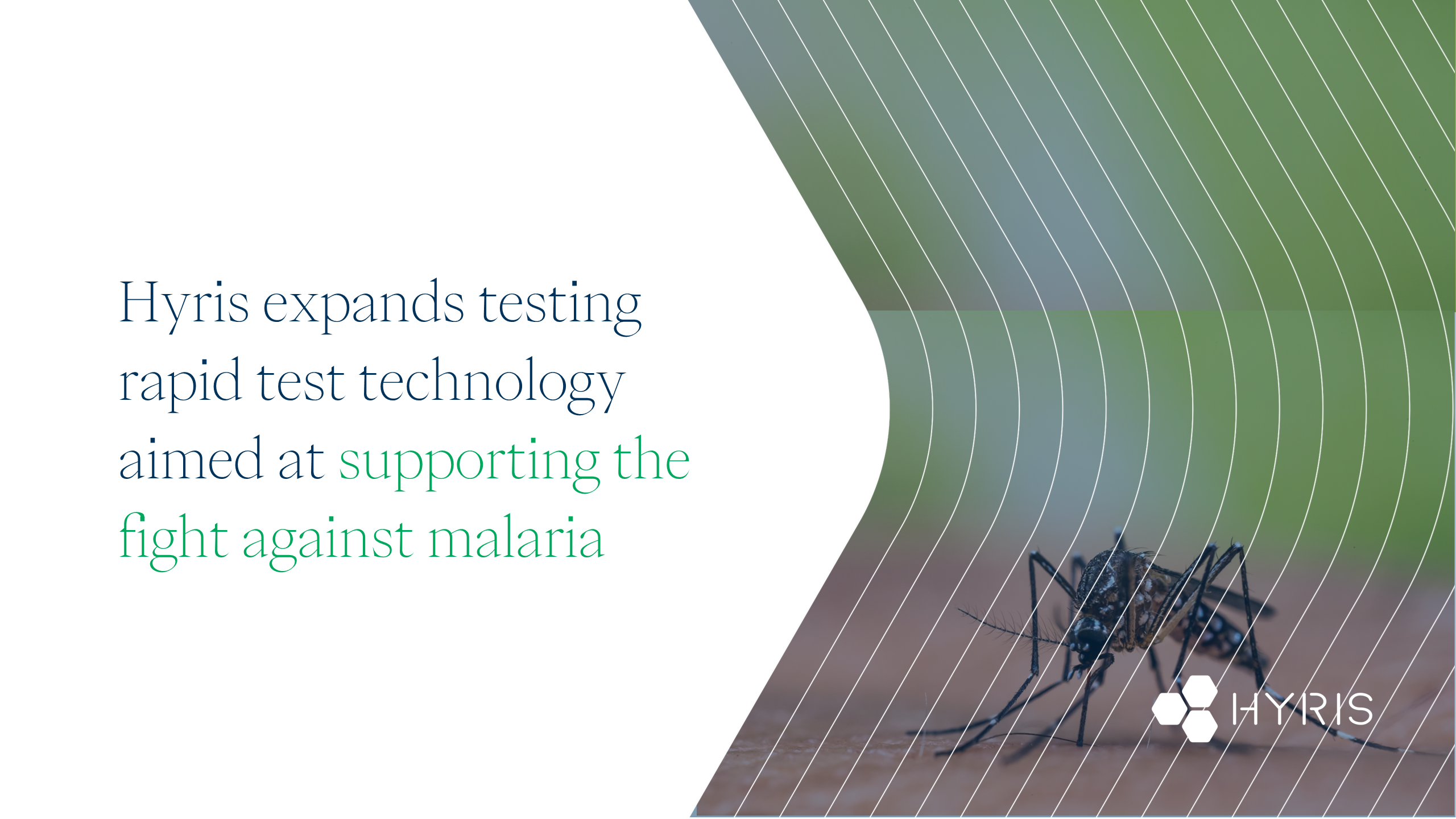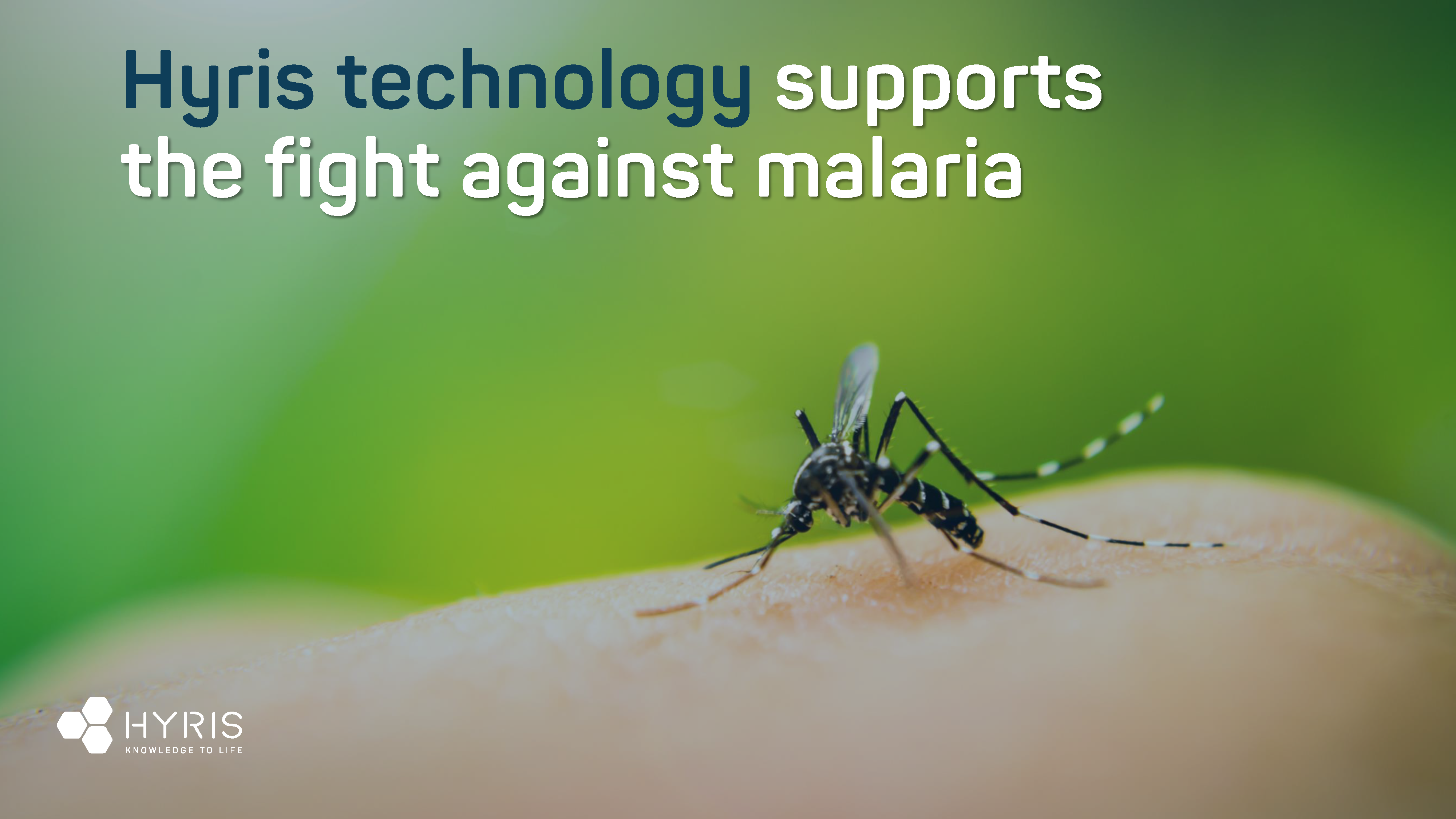HPV Screening and Genotyping
Human papilloma virus (HPV) comprises a group of about 100 viral strains of which about 20 are potentially infectious to humans. In particular, some types have been correlated with cervical cancer. The prevalence of this infection is very high in sexually active adults and increases with the number of sexual partners. HPV is responsible for more than 90% of cervical carcinomas, the most̀ frequent cancer in women after breast cancer (600,000 new cases per year are shown)1, 2.
Information
HPV strains are divided, according to their association with cervical cancer occurrence, as high, low, and probable high risk.
In most women (about 90%), HPV infections are asymptomatic and regress spontaneously within 2 years after diagnosis, without the need for medical intervention.
A small proportion of infections caused by high-risk HPV variants may persist and progress to cervical cancer.
Cervical cancer is the second most common cancer in women after breast cancer, and more than 99.7% of cervical cancers result from persistent HPV infection.
HPV molecular testing is essential to enable early diagnosis of neoplastic lesions, and the earlier HPV is detected, the more time there is to monitor and prevent the possible development of cervical cancer.
Hyris' Innovation
Hyris offers an innovative approach of validating and integrating on its platform the best CE-IVD kits from reagent manufacturers on the market.
For the HPV kit, Hyris selected a test based on an innovative multiplexing technology, with single genotyping of up to 30 HPV strains.
The test is a CE-IVD test for qPCR, and it is the only test:
- validated for primary screening in compliance with international guidelines (Meijer’s guidelines) Italian guidelines (GISCI)
- validated for self-sampling in compliance with international guidelines for HPV screening (VALHUDES Protocol)
- able to provide simultaneous and complete genotyping up to 30 HPV genotypes


PRODUCT COMPOSITION
The test leverages an innovativ emultiplexing technology that allows multiple viral target identification in a single well. The outome is the viral detection as well as the single genotype. There are different composition of the test:
|
RESOURCES
Product datasheet | Contact us |





